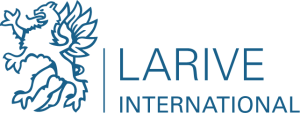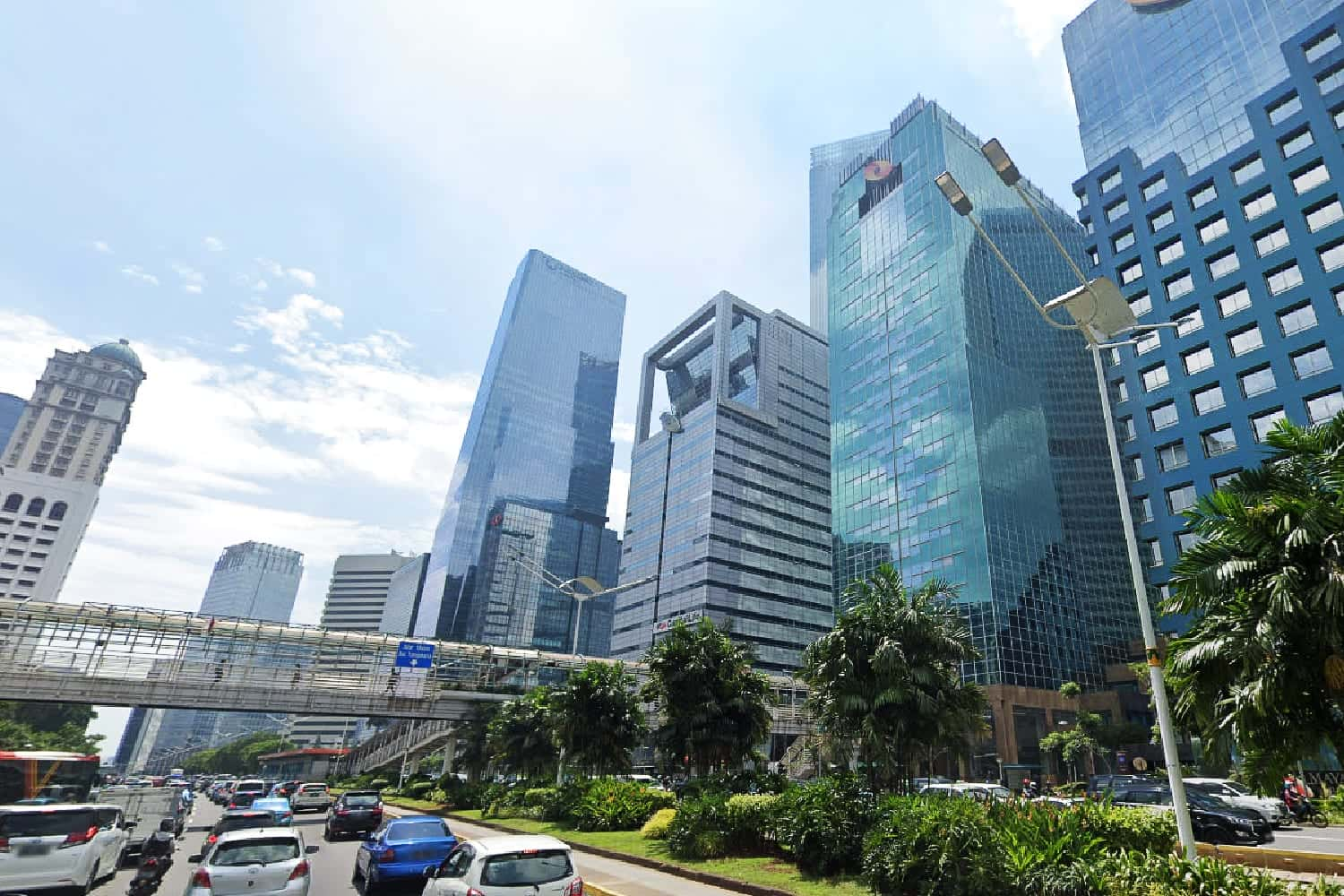Larive International has been active in Indonesia ever since 1983, working closely with our local partner PT Clarity Research Indonesia, Larive Group member since 2006.
Introducing
Headquartered in Jakarta, Clarity is a business consulting company providing customized market research, business analysis, market entry strategy and business development and implementation services ever since its start in 2003. Their leading track record and flexibility in tailor-made research has enabled them to undertake over 300 large business research projects in a variety of sectors including agribusiness, broadcasting and e-commerce, among others.
Through their reliable and proven methods of data collection, interviews, desk research coupled with specific methods for competitor intelligence, and forecasting, Clarity provides accurate and up-to-date actionable market insights. Gaining a full understanding of the client’s needs and key business intelligence needs is key to this approach. This thorough research method has earned their team a first-rate reputation and has allowed them to collectively complete over 300 studies spanning most industrial sectors. An added result of this success is their wide contact base and the ability to access key decision-makers.
Clarity’s team is one of the most knowledgeable in Indonesia with over 90 years of combined experience. Heading the company is Bettina Cavenagh, CEO and owner of PT Clarity Research Indonesia. Under her guidance, the company has become one of the top business market research companies in Indonesia. Bettina has worked in Indonesia for 18 years and has over 11 years of experience in the business market industry. To date, she has undertaken over 300 in-depth market research projects covering most segments of the Indonesian economy such as the poultry sector for De Heus, the horticulture sector for Koppert, and the automotive industry for Motul.
Indonesia as a country
Indonesia is by far the largest country in Southeast Asia spreading across 17,500 islands with over 1,300 ethnic groups. Indonesia, with a population of 270 MN, is the fourth largest in the world and accounts for 40% of Southeast Asia population. Indonesia’s population is young with 60% of the population aged below 40 and a medium age of just 29. Some 56% of Indonesians are urbanized. Indonesia is a trillion-dollar economy, the 16th largest in the world by nominal GDP and 7th largest in terms of GDP (PPP). Over the past 50 years, Indonesia’s economy has grown on average by 5.6% per annum (in terms of GDP growth rate).
In 2020, Indonesia officially became an upper-middle-income country with US$4,050 GNI (Gross National Income) per capita according to the World Bank. There are now 52 million Indonesian middle class, some three times the total population of the Netherlands. Indonesia middle class have been driving economic growth and now account for nearly half of Indonesia’s household consumption and has grown on average 12% per annum over the past 20 years. Indonesia has made huge strides to reduce poverty with Indonesian living below the poverty line falling from 25% in 1998 to just under 10% in 2018.
Current situation and recovery
There is no doubt that Indonesia has suffered badly from the COVID-19 pandemic with over 1.5MN cases and 42,500 deaths, however, it escaped lightly compared with 154 deaths per 1MN population. Indonesia’s GDP fell by 2.1% in 2020 as the Government ramped up spending in April 2020 as it imposed social distancing restrictions on much of the country, offsetting a collapse in private consumption and investment. The economy as a whole started to recover in July 2020 as social restrictions were scaled back; however, it has been very uneven across sectors. Agriculture, which has been a top sector in terms of both output and employment remained resilient to the pandemic to grow by 1.8% YOY. Another clear winner was the Information and Communication sector that grew by 10.6%, primarily driven by e-commerce which saw sales jump 45% to US$30BN as consumers were forced online overnight. As in most countries, the Health sector boomed as Government increased health spending in public facilities to cope with the pandemic. Lastly, the Banking and Financial sector has remained resilient throughout the pandemic. Recovery in manufacturing has been patchy with food-related manufacturing booming in 2020 while automotive manufacturing collapsed due to weak demand. The hardest-hit sector without doubt has been tourism, especially Bali, which has seen room occupancy collapse to single digits for over a year with borders closed to foreign tourists; however, with Indonesia planning to reopen Bali to foreign tourists in July 2020 the sector should start to recover in the second half of 2021.
Keen to learn what Indonesia has to offer your business? Contact us for more details and an expert opinion! [email protected] | +31 (0) 30 693 32 21



